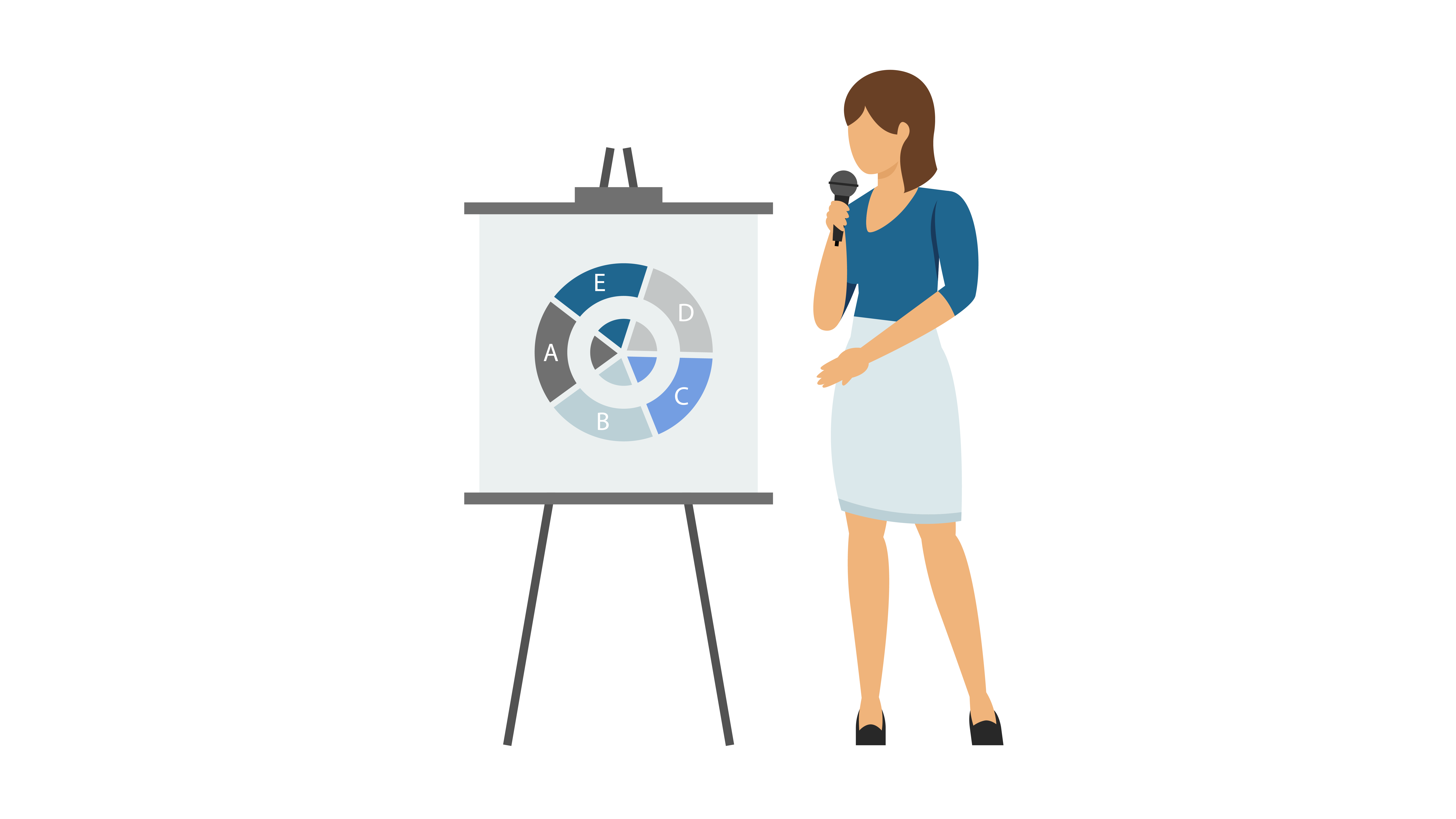All Categories
Featured
Modern companies require an centralized location for customer data platforms (CDPs). This is a crucial tool. These applications provide an enhanced and more comprehensive understanding of the customer that can be used to focus marketing efforts and enhance the customer experience. CDPs can also provide a number of functions, including data governance as well as data quality and formatting, data segmentation, as well as compliance, to ensure that the information about the customer is recorded, stored, and utilized in a safe and organized way. With the ability to pull data from different APIs such as CDPs can also pull data from other APIs. CDP can also help organizations place customers at the center of their marketing efforts and improve their operations and make their customers feel valued. This article will look at the various aspects of CDPs and the ways they can assist businesses.
what is cdp in marketing
Understanding the concept of CDPs. The customer data platform (CDP) is software that allows businesses to gather, manage and store information about customers from a single data center. This provides a more accurate and complete view of the customer. This can be used to target marketing and personalised customer experience.
-
Data Governance: A CDP's capability to protect and control the information being incorporated is one of its main characteristics. This includes profiling, division and cleaning of data that is incoming. This will ensure that the business stays in compliance with data regulations and regulations.
-
Data Quality: Another crucial aspect of CDPs is to ensure that the information collected is of high-quality. This involves ensuring that the data is correctly entered and that it meets the desired quality requirements. This reduces the need for storage, transformation, and cleaning.
-
Data formatting is a CDP can also be used to ensure that data is entered in a specified format. This permits data types such as dates to be linked across customer information and helps ensure an accurate and consistent entry of data. cdp data platform
-
Data Segmentation Data Segmentation: A CDP can also allow for the segmentation of customer information so that you can better understand the different types of customers. This lets you compare different groups to each other and obtain the appropriate sample distribution.
-
Compliance A CDP allows organizations to handle the information of customers in a legal way. It allows you to establish security policies and classify data according to the policies. It can also help you identify any violations of the policy when making marketing decisions.
-
Platform Selection: There are different types of CDPs and it is crucial to comprehend your requirements for deciding on the right platform. Take into consideration features like data privacy as well as the capability to extract data from other APIs. customer data platform cdp
-
Putting the Customer in the center Making the Customer the Center CDP lets you integrate real-time customer data. This will give you the immediate accuracy in precision, consistency, and uniformity which every department in marketing needs to enhance operations and connect with customers.
-
Chat Billing, Chats, and More: With the help of a CDP, it is easy to gather the information you require for a good discussion, regardless of previous chats and billing or other.
-
CMOs and big data: 61% of CMOs say they are not leveraging enough big data, as per the CMO Council. A CDP could help overcome this issue by giving a 360 degree view of the customer . It also allows for more effective utilization of data for marketing and customer engagement.
With many different kinds of marketing technology out there every one usually with its own three-letter acronym you may question where CDPs come from. Even though CDPs are amongst today's most popular marketing tools, they're not a completely brand-new idea. Instead, they're the current action in the advancement of how online marketers handle client information and consumer relationships (Customer Data Platform).

For the majority of online marketers, the single most significant worth of a CDP is its capability to sector audiences. With the capabilities of a CDP, online marketers can see how a single customer communicates with their business's different brands, and recognize opportunities for increased personalization and cross-selling. Of course, there's much more to a CDP than segmentation.
Beyond audience segmentation, there are 3 huge reasons that your company may want a CDP: suppression, personalization, and insights. Among the most fascinating things marketers can do with information is recognize customers to not target. This is called suppression, and it belongs to providing really individualized client journeys (Cdps). When a consumer's unified profile in your CDP includes their marketing and purchase information, you can reduce ads to customers who've already bought.

With a view of every consumer's marketing interactions connected to ecommerce data, website visits, and more, everyone throughout marketing, sales, service, and all your other teams has the possibility to understand more about each customer and provide more customized, pertinent engagement. CDPs can assist marketers address the source of a number of their most significant day-to-day marketing issues (Cdp Meaning).
When your information is detached, it's more hard to comprehend your consumers and create significant connections with them. As the number of information sources used by online marketers continues to increase, it's more important than ever to have a CDP as a single source of truth to bring everything together.
An engagement CDP uses consumer information to power real-time personalization and engagement for customers on digital platforms, such as websites and mobile apps. Insights CDPs and engagement CDPs make up the bulk of the CDP market today. Extremely few CDPs include both of these functions equally. To pick a CDP, your business's stakeholders must think about whether an insights CDP or an engagement CDP would be best for your needs, and research the few CDP alternatives that include both. Cdps.
Redpoint GlobalLatest Posts
The Role of CDPs in Creating Personalized Customer Experiences
CDPs and the Role of Data Governance in Compliance
CDPs: The Key to Leveraging Big Data for CMOs.